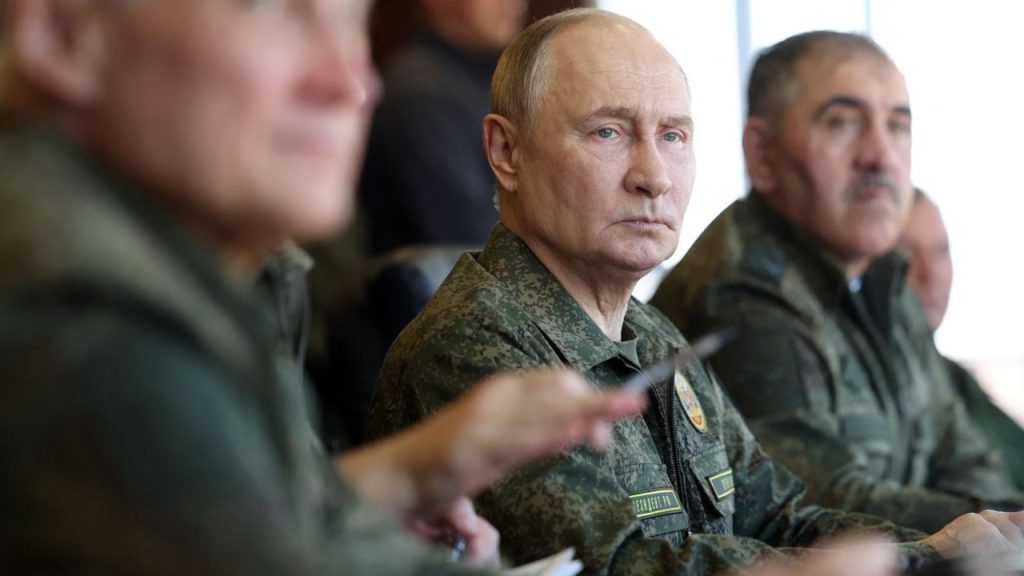This month, Russian drones and fighter jets have encroached on the airspace of several Nato countries, including Poland, Romania, Latvia, Lithuania, Finland and Estonia. And, in the past fortnight, Denmark has been forced to close two airports after spotting drones making “systematic” flights overhead.
These incursions, said Politico, raise “difficult questions” for the Nato alliance. Although “Moscow insists it’s done nothing wrong”, Poland has shot down some of the drones that flew over its skies, and several Nato nations are warning that “they’re ready to shoot down Russian aircraft entering their airspace”.
What did the commentators say?
The central question is whether or not it was Russia’s deliberate intention to breach Nato airspace. There is “no consensus view” on this among member states, said CNN, after speaking to “a dozen senior US and Western military, intelligence and diplomatic” officials. That puts the alliance in an “uncomfortable position”.
The Estonian incident – in which three MiG-31 fighter jets flew over the Baltic Sea for 12 minutes with their transponders off and without communicating with air traffic control – “appears hard to write off as a mistake”, said Archie Bland in The Guardian.
But there is a “fundamental difference” between Moscow’s and Nato’s rules of engagement, Charly Salonius-Pasternak, of the Helsinki-based Nordic West Office think tank, told Politico. “Russia has said they think they are in a military conflict” with the West but “we do not see it that way”. Nato’s parameters do not require the immediate use of force in response to an assumed incursion during peacetime. Nobody would “start World War Three because of this”, Ukrainian military analyst Mykola Bielieskov told the news site.
What next?
Nato’s response to “Russia’s reckless acts will continue to be robust”, said the North Atlantic Council. And the option of “shooting down a Russian jet that is intruding on our airspace is on the table”, said European Commission President Ursula von der Leyen yesterday. On the sidelines of this week’s UN General Assembly in New York, Donald Trump said he believed this is an option Nato countries should take.
But even shooting down Russian drones could be a challenge, said Yasir Atalan on Foreign Policy. The West will find it hard to do so “at a sustainable cost”. The price of scrambling fighter jets or deploying expensive missiles is much, much higher than what Russia is spending on each drone. Nato countries will need to follow Ukraine in finding “cheaper options, such as interceptor drones and energy lasers”, if they intend to withstand “large-scale drone attacks”.
Russia has breached Nato airspace regularly this month, and nations are primed to respond
